

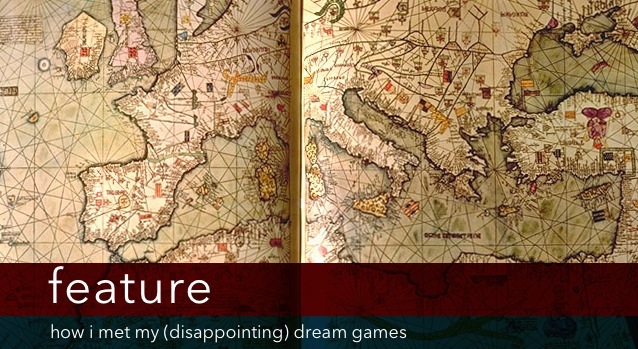
This is my strategy game dream.
I want a game where you take control of one of the migrating tribes at the fall of the Western Roman Empire, like the Avars, Visigoths, or Franks. You guide where they invade and settle, and then you develop them over the course of the medieval era. Most strategy games, like Civilization or Total War, tend to focus on military and building development, but in my dream game, you focus on political and social development. The end goal would be the development of a nation-state; the Franks might win by becoming France.
Of course, it’s just a dream game. Part of the reason it’s not reality is that political and social development is extremely difficult to model; all filled with messy grey areas, historical debates, and unclear causes and effects. I can’t conceive of how a game, using technology that I know and understand, could simulate that sort of history. Well, there’s one method: specific, discrete multiple choice decisions, like: “A poet named Petrarch wants some patronage from your city-state! Do you give him 1) a lot of money 2) enough money to live on 3) no money 4) a whipping for daring to suggest that!” with various effects from there. This seems conceivable...but I’m not sure it seems good.
This is my role-playing game dream.
I want a game that’s about relationships, not about good and evil. I want a game where you control of party of characters with mutually exclusive desires, where you have to choose between appealing options that may end up in losing those characters. It would be a politically-oriented game, one that isn’t a simple Hero’s Journey to save the world.
Of course, it’s just a dream game. Balancing the mechanical needs of the game with a divergent-yet-balanced storyline seems impossible. A player will figure out how it works, and game the system. Or replay it in order to see everything. Perhaps events could be set at random at the start of a game, but that renders them more arbitrary than predictable. This seems conceivable...but I’m not sure it seems good.
--
It’s almost literally my dream game. I wish I enjoyed actually playing it.I discovered that GOG.com had added a 1999 strategy game called King Of Dragon Pass to their collection. It’s not quite my dream game—it takes place in a fantasy world instead of a historical one—but otherwise, it’s pretty close. You pick a clan’s history, they settle in a new area, discover other tribes, learn how the world works, develop as a society, and eventually create a kingdom.
The fantasy setting works to the game’s advantage, too. You use magic to directly influence your society’s growth, in a clear and obvious fashion that fuzzy policy decisions wouldn’t be able to do historically. It also means that subjects of legend and myth are available as literal options: you can gain strength and reputation by sending members of your tribe on “heroquests.” And, of course, divorced from history, victory conditions are much better-defined than something like “Become a nation-state.”
But, in the end, all of the social choices come down to choose-your-own adventure decisions. Something bad happens, or potentially bad happens. Your advisors recommend different courses of action, and you choose one. Sometimes it works well, and you get a new alliance, win a battle, or improve your village. Sometimes it doesn’t. Most of the time, it leads to progressively different choices. The problem is, given that the premise is the same each time, thanks to the discrete choices. There’s no way to, say, slide your tribe’s general culture slowly toward “tolerant of non-humans.” There’s simply a choice that, say, when one of your explorers comes, looking like half a beastman, you accept him or you reject him, and the game randomly decides what happens from there.
It’s almost literally my dream game. I wish I enjoyed actually playing it.
--
My dream RPG exists as well, and it’s nowhere near as niche as King Of Dragon Pass. In many respects, BioWare’s Dragon Age II is a perfect game for me. It’s political, it’s tragic, it’s character-oriented, and you have to make hard choices that may cause your friends to leave, or even attack you.
I liked Dragon Age II, rather a lot, actually. But I didn’t necessarily like it for the narrative reasons I wanted. It was too easy to see the strings being pulled, the choices telegraphed. The things I dreamed of were occasionally good, but they also created as many problems as they solved. Telling the political story is made easier by keeping the game set in Kirkwall, but that leads to the repetitive dungeons many players complained about. The big decisions are indeed big decisions, but they feel too narrow, because the effects have to be predictable enough that the game can continue, even at the end.
It’s possible that, short of creating a real artificial intelligence, I’ll never see a game be able to come anywhere near an approximation of my dream games while also being a good game. The binary nature of computing logic systems and limitations of time and space from game developers may make that impossible. And yet, I love to see games like King Of Dragon Pass and Dragon Age II make the attempt. Only by seeing where they fail can success, however theoretically unlikely, become possible.


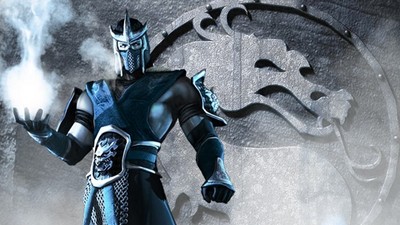
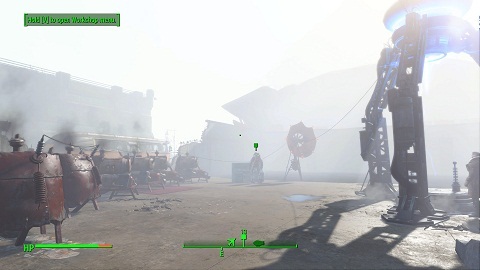
 MGS V: The Phantom Pain Guide On How To Add Custom Music On iDroid
MGS V: The Phantom Pain Guide On How To Add Custom Music On iDroid Helldivers Wiki – Everything You Need To Know About The Game .
Helldivers Wiki – Everything You Need To Know About The Game . Zee and the Alien Machine – Detailed Walkthrough + Simple Guide
Zee and the Alien Machine – Detailed Walkthrough + Simple Guide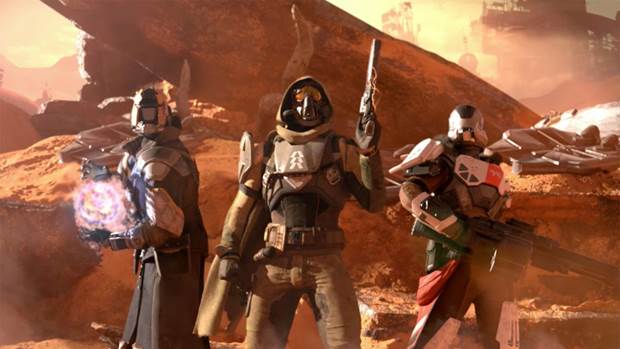 Destiny Beginners' Guide: How to Level up to 32 Fast
Destiny Beginners' Guide: How to Level up to 32 Fast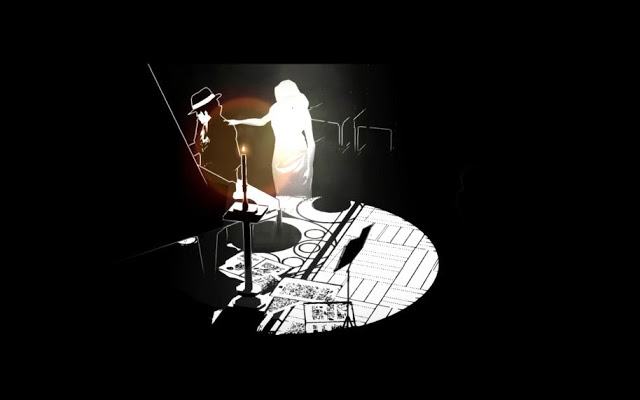 White Night (PC Game) review
White Night (PC Game) review